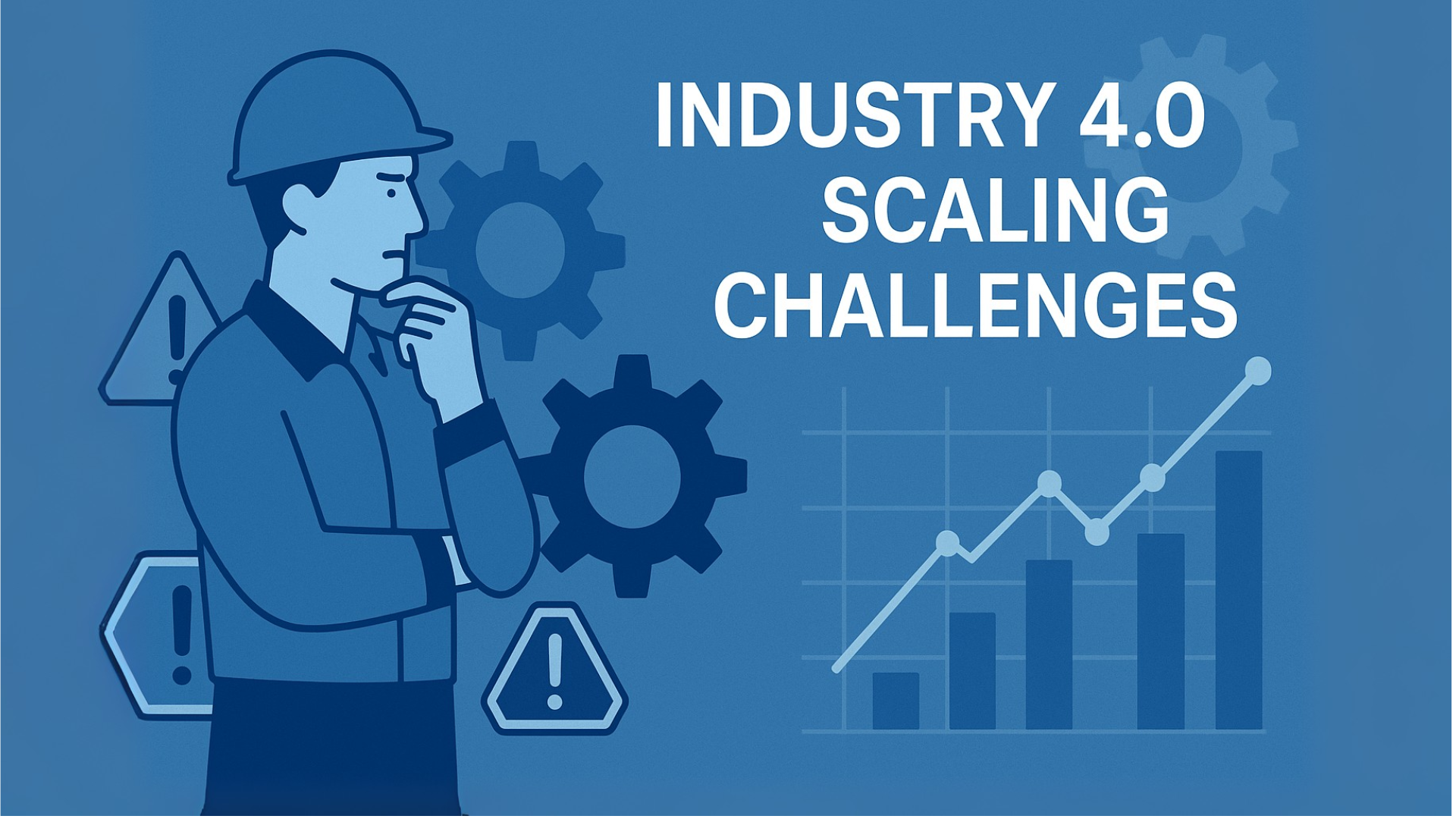Despite widespread enthusiasm, scaling Industry 4.0 initiatives enterprise-wide remains elusive for many manufacturers. McKinsey research highlights that while 90% of manufacturers launch digital projects, fewer than 30% achieve a comprehensive transformation. The gap between aspiration and execution often stems from siloed pilot projects, rigid technology rollouts, and initiatives that stall before delivering measurable value.
A critical barrier is the absence of a holistic strategy. Too often, companies run isolated pilots focused on single plants, processes, or technologies without linking them to broader business objectives. This fragmentation prevents manufacturers from achieving the integrated efficiencies and performance gains that digital transformation promises. Equally problematic is the lack of cross-functional engagement—when operations, IT, and business units fail to collaborate, progress remains limited to narrow use cases.
Rigid implementation approaches exacerbate the issue. Focusing exclusively on technology deployment, while neglecting organizational processes and cultural readiness, sets many projects up for failure. Change management is frequently underestimated, leaving employees resistant to new systems due to fears of job displacement or insufficient digital skills. Research by BCG and World Economic Forum reinforces that workforce buy-in is essential—companies that invest in reskilling and change management are more than twice as likely to scale effectively.
To overcome these traps, manufacturers should adopt agile, iterative transformation frameworks that allow for continuous learning and adaptation. Clear executive sponsorship, combined with measurable KPIs aligned to business outcomes, creates accountability and drives momentum.
Equally important is investing in digital literacy programs and fostering a culture of innovation, enabling workers to embrace and champion new tools. Choosing scalable, interoperable platforms reduces integration friction and positions organizations for long-term success. Collaboration with suppliers, customers, and technology partners ensures ecosystem-wide alignment, helping manufacturers realize end-to-end transformation.
Ultimately, scaling Industry 4.0 is not a one-off project but a long-term journey. Success requires patience, persistence, and a strategic vision that integrates people, processes, and technology.


















